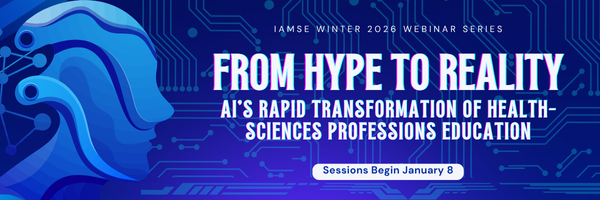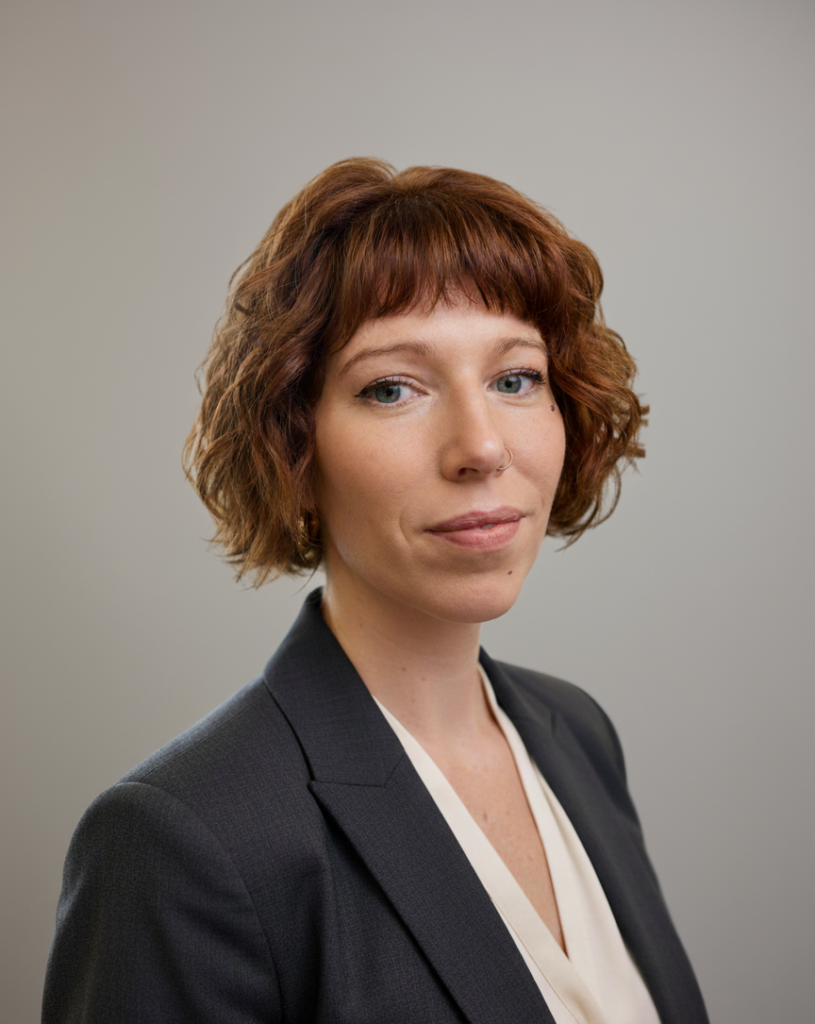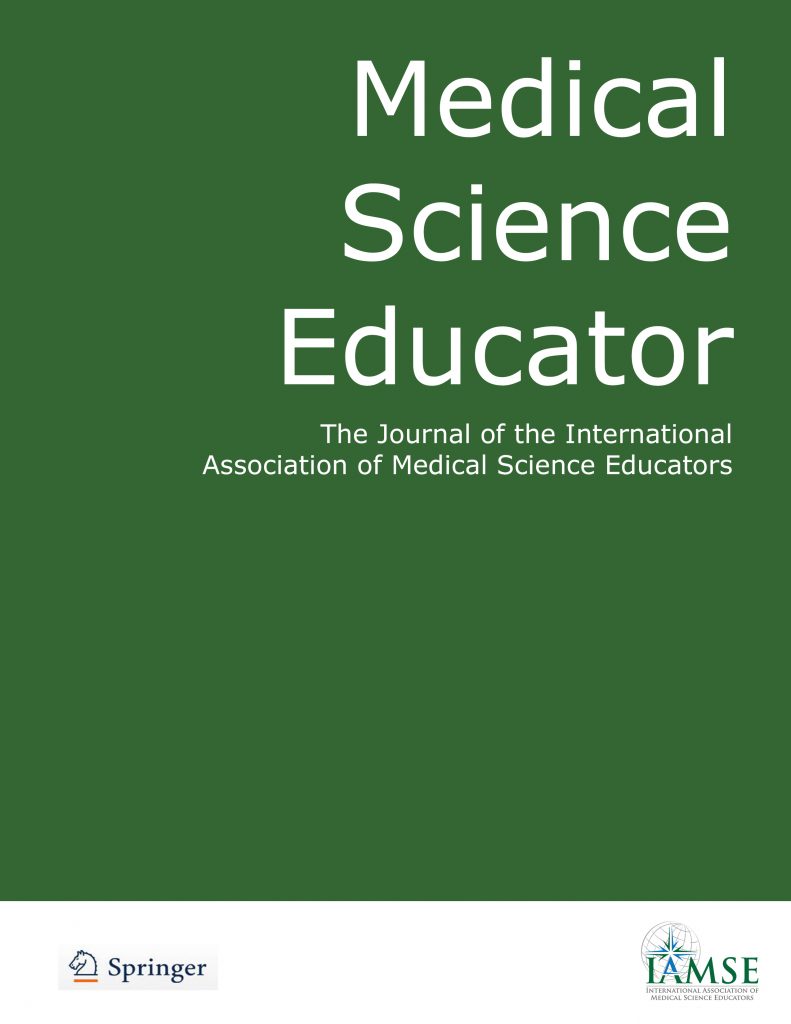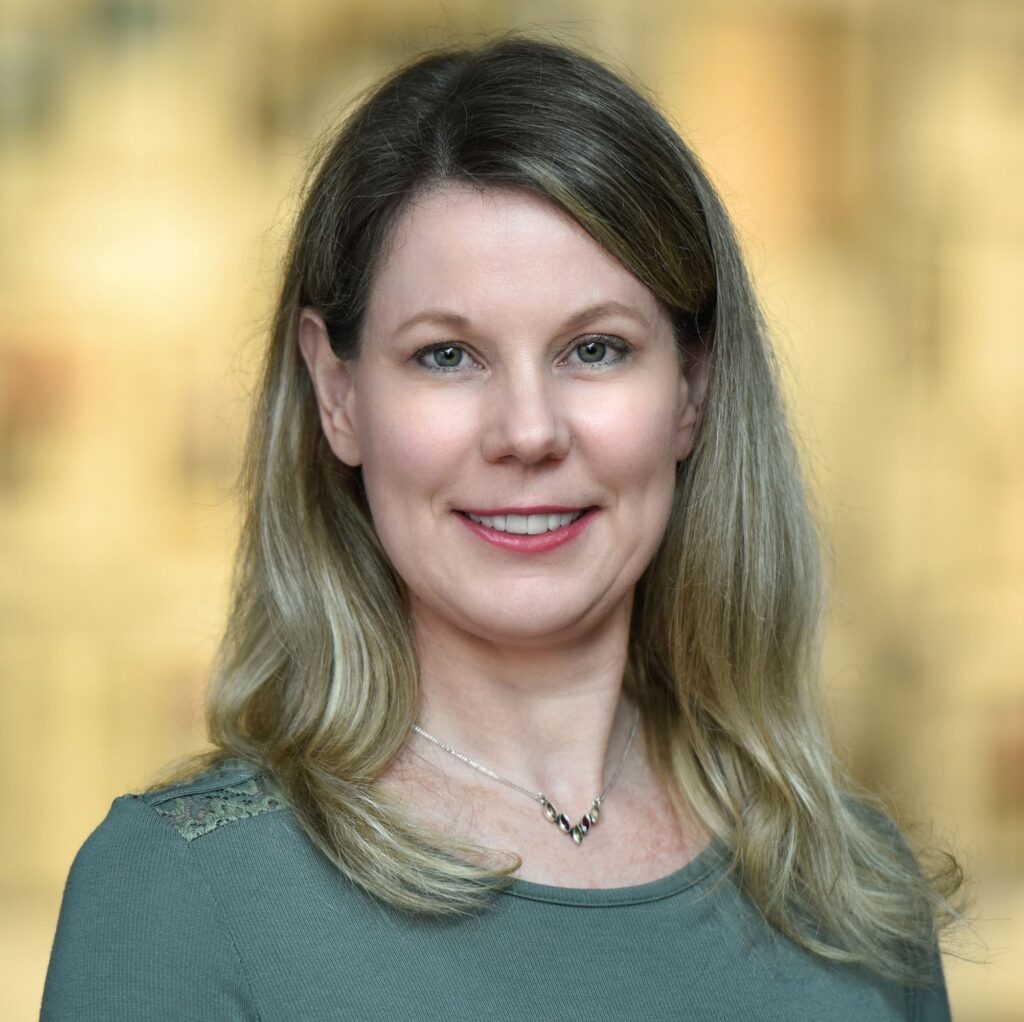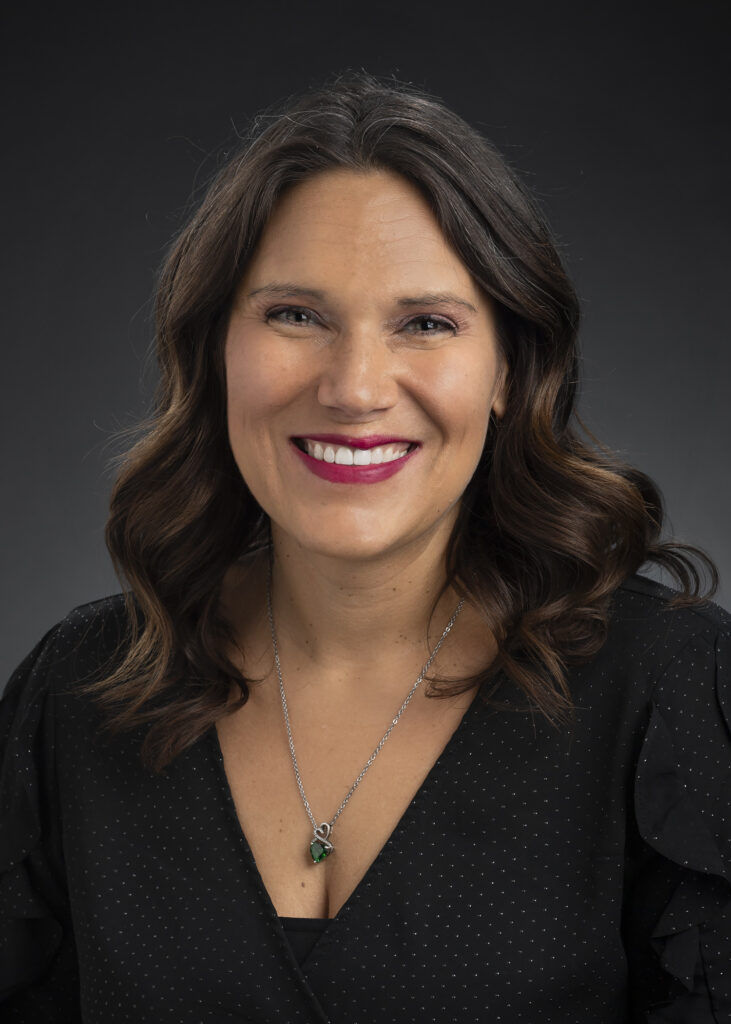
IAMSE is pleased to announce that registration is NOW OPEN for the Spring 2026 Webcast Audio Seminar Series! The Spring 2026 Series is titled “‘Tough But Fair’ Standards with Support: Empowering Success.” Join us at 12:00 PM ET Thursday, March 5, 12, 19, 26, and April 2, 2026.
“Tough But Fair” Standards with Support: Empowering Success
Join us for this five-session Spring WAS series tailored for medical educators, particularly those teaching in pre-clerkship curriculum. We’ll explore how to set ambitious, yet achievable, standards for your students, fostering the rigorous foundation future physicians need. Beyond just raising the bar, this series will provide you with practical strategies to ensure your students not only meet these high expectations but truly excel. Discover how to balance a demanding curriculum with the essential guidance that empowers the next generation of medical professionals.
Questions regarding the registration process, specifically for institutions, or other FAQs about the Spring 2026 Series can be found by clicking here.
“Tough But Fair” Standards with Support: Empowering Success
Join us for each one-hour session beginning Thursday, March 5, 2026, at 12 PM EST. Please note that only the first session of this series will be in Eastern Standard Time. The remaining four sessions will be in Eastern Daylight Time. Sessions in the Spring 2026 Series include:
- March 5, 2026, 12:00 PM EST – What Really Matters: Student Perspectives on Exceptional Teaching, presented by George Blackall, Penn State College of Medicine, and Alec Haas, MetroHealth.
- March 12, 2026, 12:00 PM EDT – Teach for Transfer: Using Backwards Curriculum Design to Foster Student Understanding, presented by Alana Newell, Baylor College of Medicine.
- March 19, 2026, 12:00 PM EDT – Peer Feedback with Purpose: Upholding High Standards While Supporting Learner Growth, presented by Sarah Lerchenfeldt, Oakland University William Beaumont School of Medicine.
- March 26, 2026, 12:00 PM EDT – Faculty/Instructor Mindset Beliefs, presented by Katherine Muenks, University of Texas at Austin.
- April 2, 2026, 12:00 PM EDT – Rethinking Psychological Safety: Exploring “Educational Safety” Through Learners’ Experiences in a Peer Mentorship Context, presented by Laura Nimmon, University of British Columbia.
Questions regarding the registration process, specifically for institutions, or other FAQs about the Spring 2026 Series can be found by clicking here.
As always, IAMSE Student Members
and Trainees can register for the series for FREE!
If you are an IAMSE student member or trainee, please contact support@iamse.org for information about registering at no cost.
